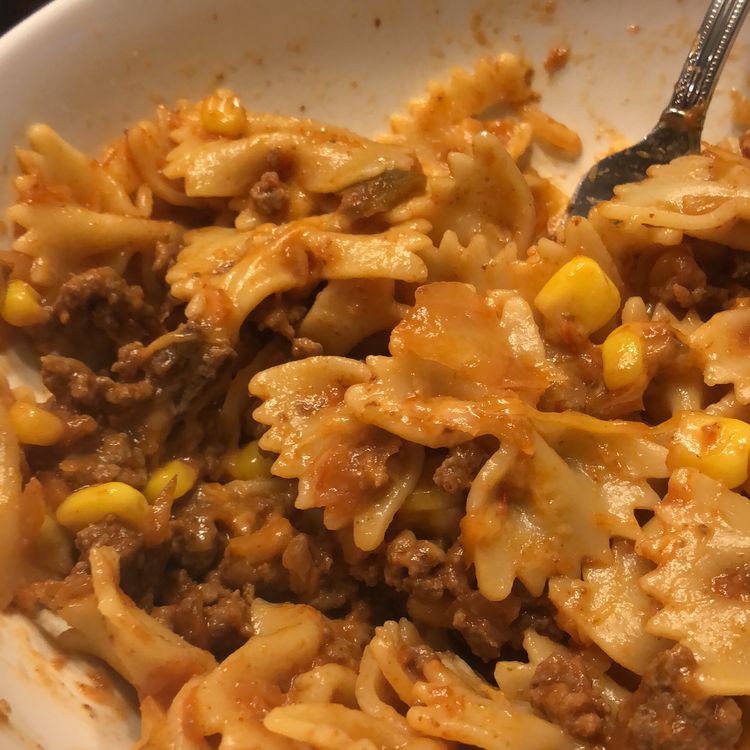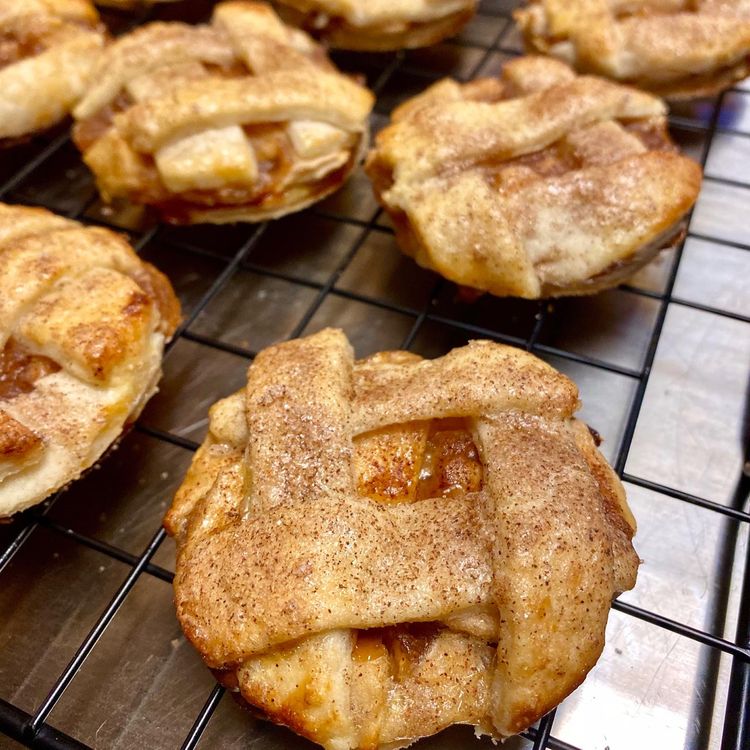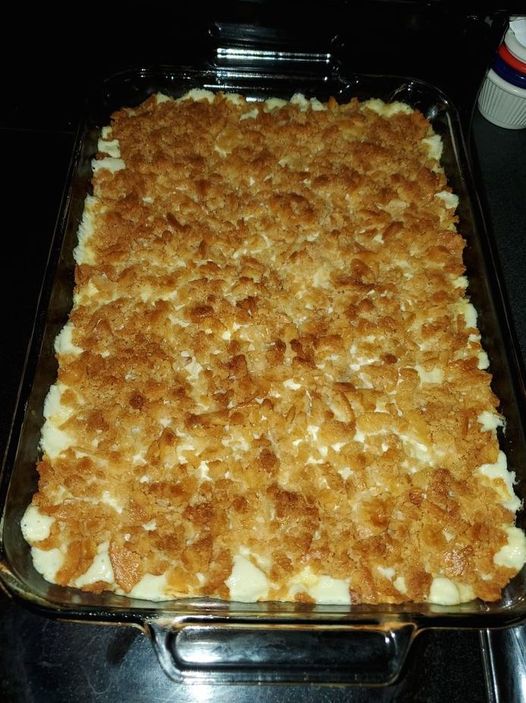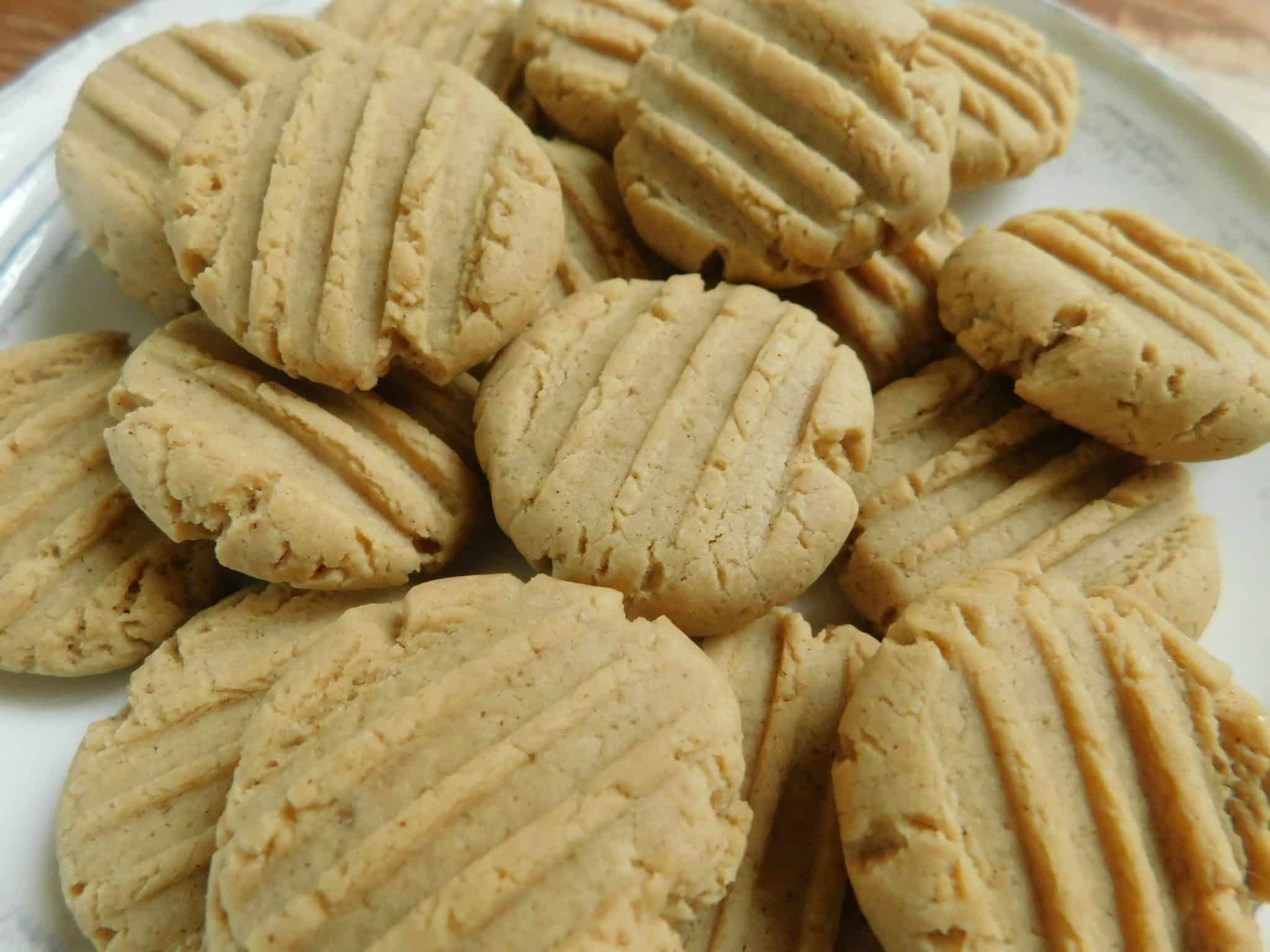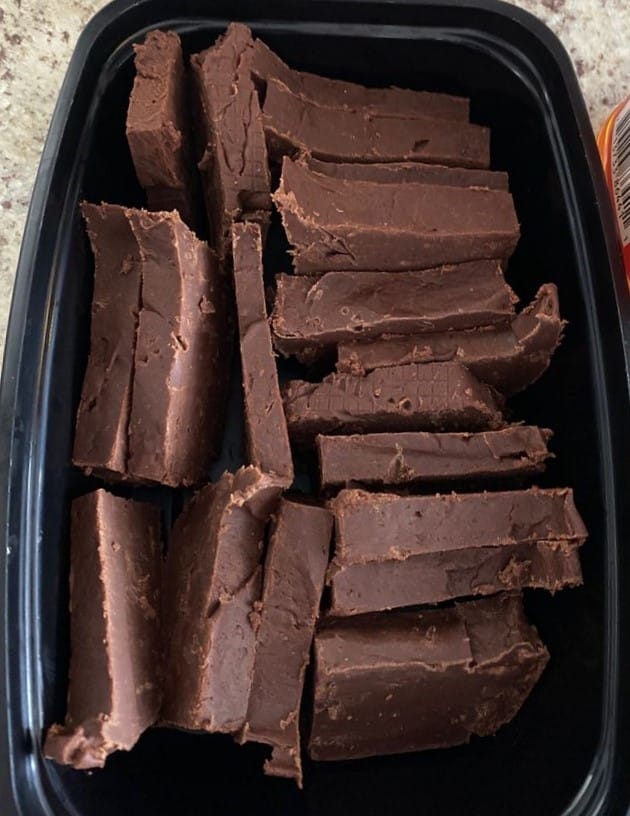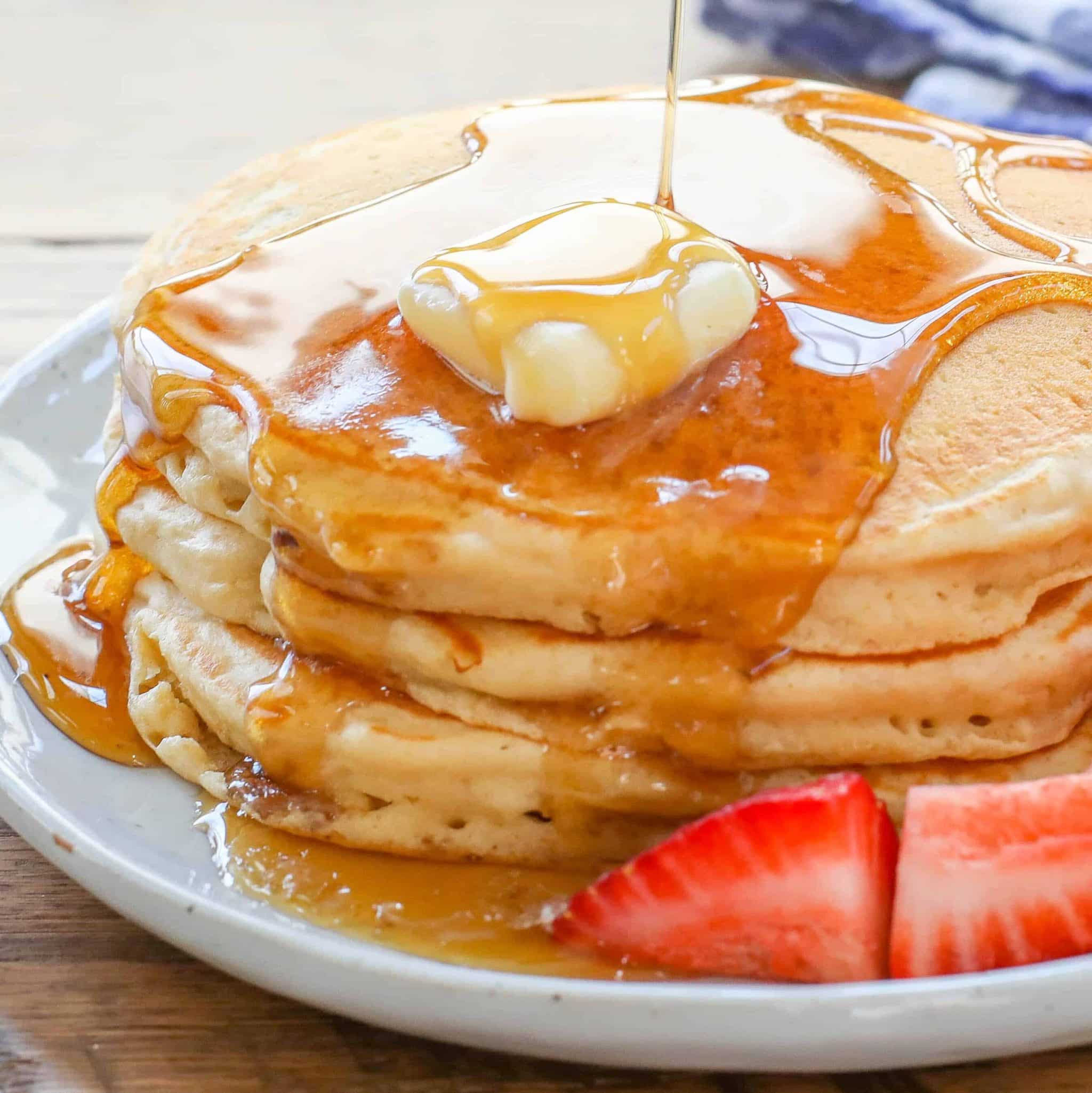
Ingredients
- 6 Tbsp (90 ml) water
- 5 oz buttermilk (150 ml) (at room temperature)
- 1 egg, beaten (at room temperature)
- 2 oz (57 g) butter, melted
- 16 oz (454 g) all-purpose or bread flour (please use a scale)
- 2 oz (57 g) sugar
- 1 tsp salt
- 1 1/2 tsp (5 g) regular or quick-rise yeast (one and a 1/2 teaspoons)
- oil for frying (I use sunflower or grapeseed or a combination)
- (sugar for coating the doughnuts)
- (jam, chocolate hazelnut spread, and or whipped cream for filling, if desired)
Instructions
FOR BREAD MACHINE:
- Place the water, buttermilk, beaten egg and melted butter in the bread machinepan, then add the dry ingredients which were weighed using a scale (it’s so important), except for the yeast. Make a small indentation in the dry ingredients, then add the yeast. Set the bread machine on the ‘dough’ setting.
FOR STAND MIXER WITH DOUGH HOOK, OR BY HAND:
- Place the dry ingredients in a bowl. Put 6 Tbsp of lukewarm water in a cup and sprinkle the yeast on top, set aside for about 5 minutes, until the yeast begins to react (you can add a pinch of sugar to help it). Make a well in the center of the dry ingredients, then pour in the buttermilk, egg, melted butter and yeast mixture. If using a stand mixer, run with the dough hook until a dough forms then continue for about 5 minutes. By hand, knead for about 10 minutes. Cover and set aside until at least doubled in size (usually 1 to 2 hours, depending on the freshness of the yeast, temperature of the water and ambient temperature).
BOTH BREAD MACHINE, STAND MIXER/HAND INSTRUCTIONS FOLLOW BELOW:
- Once the dough has doubled, place it on a floured surface and knead lightly. Divide it in half, keeping half the dough covered, so it doesn’t form a skin. With a rolling pin, roll out half of the dough to about 1/2″ thickness. Cut with a round, sharp cookie cutter (about 3″ diameter) then make the holes with a smaller cookie cutter (about 1″ diameter), saving the holes. Or splurge (haha) and buy this doughnut cutterand save yourself a lot of trouble!
- Place each doughnut on a piece of parchment or waxed paper, then place on a cookie sheet. Put the tray in the oven (turn it on for 1 minute, SET A TIMER, then turn it off again, just to make it barely warm).
- Next, boil some water and pour it into a measuring jug. Place the jug of water in the oven with the tray of doughnuts (this will create steam will keep a skin from forming). With the remaining dough, divide into quarters, then divide each piece in half to make 8 equal amounts. Roll each piece of dough into a smooth ball, and place on parchment or waxed paper pieces and place on a cookie sheet; place in the oven with the other doughnuts to rise until doubled in size.
- Heat the oil to about 350ºF (180º). If you don’t have a thermomrter , test the oil with a doughnut hole: if it doesn’t start frying immediately, the oil is too cold, if the hole turns brown right away, the oil is too hot. Adjust the heat accordingly.
- Drop the doughnuts into the hot oil using the paper to carefully lower them into the oil. Turn them over as soon as they become golden brown on the underside, and remove them and place on a paper towel lined platter once they are ready.
- When the doughnuts have cooled, roll them in sugar to coat evenly. If you choose to fill the large doughnuts, push a skewer into the center of the doughnut to make a hole, then place some room temperature jam, or slightly warmed Nutella into a piping bag and pipe the filling into the doughnut. Using an ISI whipper, pipe fresh cream into a doughnut cut in half (add some jam first if you like).
Notes
-This recipe requires the use of a scale. Please do not attempt to make these without one, as you’ll most likely be disappointed.
-Special equipment: a kitchen scale;parchment paper, cut into about 4″ squares (smaller pieces for doughnut holes) and a pot, deep fryer, or wok and candy thermometer (optional).
-Times for prep, rising and cooking the doughnuts are estimates. It depends on many factors, but the times given are estimated at minimum.

